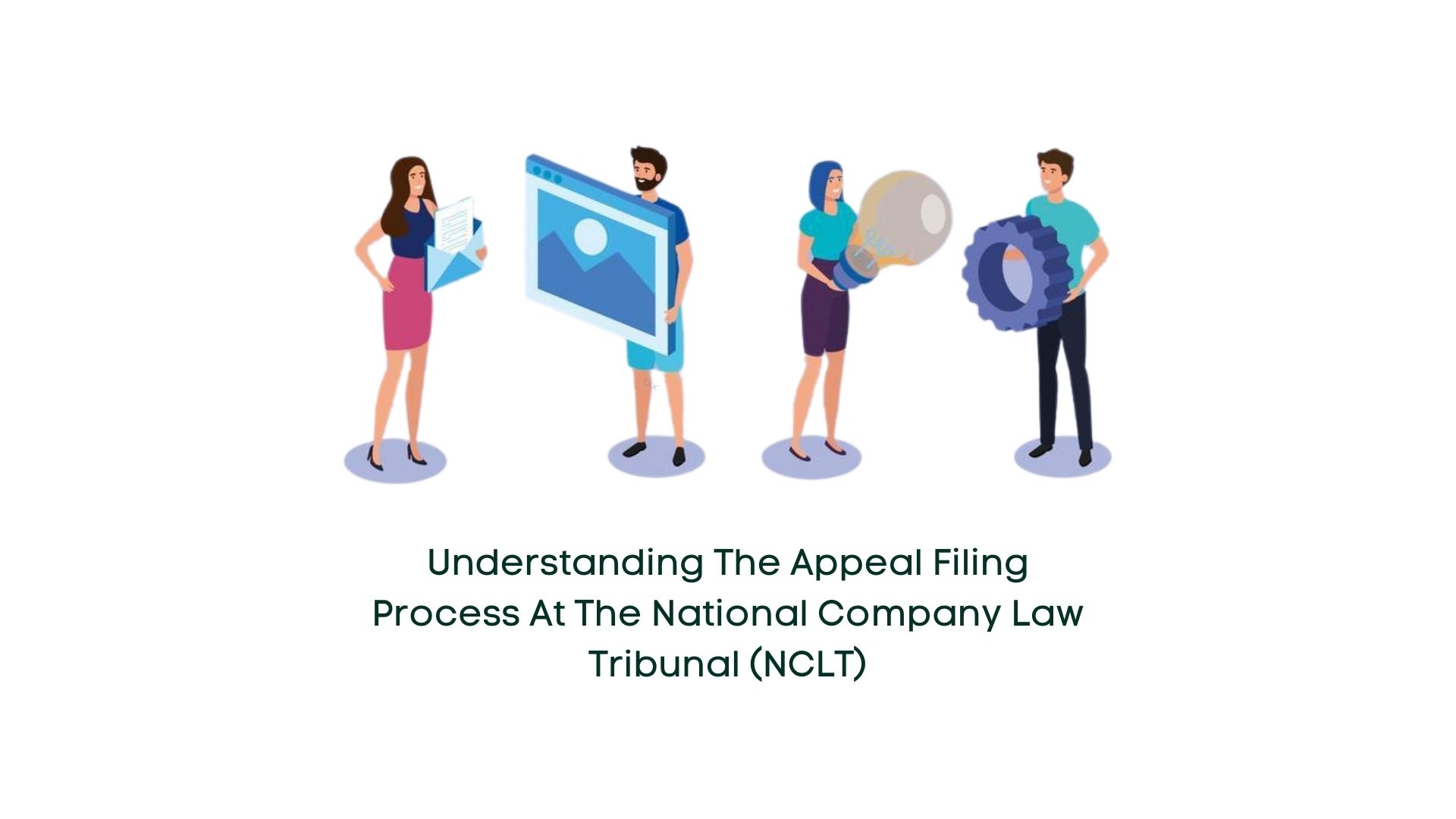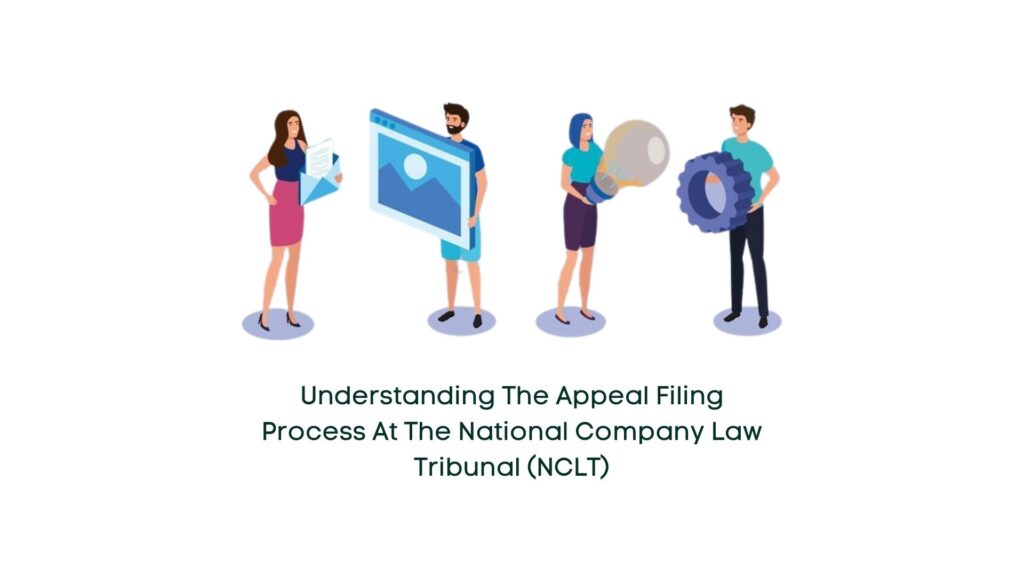
28 Feb Understanding the Appeal Filing Process at the National Company Law Tribunal (NCLT)

In India, with the surge in industrialization came a multitude of issues. To address these concerns, the government introduced several laws, including the Companies Act, 2013. On 1st June 2016, following the recommendation of the Justice Eradi Committee, the National Company Law Tribunal (NCLT) was established as a quasi-judicial adjudicating body under Section 408 of the Companies Act, 2013.
Overview of the National Company Law Tribunal (NCLT):
The NCLT serves as a quasi-judicial authority primarily tasked with handling civil corporate disputes arising under the Companies Act, 2013. It also serves as the adjudicating authority for matters related to the insolvency resolution of companies and Limited Liability Partnerships (LLPs) under the Insolvency and Bankruptcy Code, 2016. With 11 benches established by the government, the Tribunal succeeds the Company Law Board and its members are appointed through a selection committee headed by the Secretary of the Ministry of Corporate Affairs.
Distinguishing NCLT from NCLAT:
It’s imperative to differentiate between NCLT and NCLAT. While NCLT exercises primary jurisdiction, NCLAT serves as the Appellate Jurisdiction, reviewing decisions made by NCLT rather than being involved in fact-finding or evidence collection.
Scope of the NCLT:
The NCLT amalgamates the jurisdictions of various entities including the Company Law Board, the Appellate Authority for Industrial and Financial Reconstruction (AAIFR), and the Board for Industrial and Financial Reconstruction (BIFR). Additionally, it consolidates the winding up and restructuring powers vested in the High Court, thereby possessing authority over all companies registered under the Companies Act, 2013 in India.
Purpose of NCLT’s Constitution:
Under Section 408 of the Companies Act, 2013, NCLT was established to supervise cases related to winding-up, compromise, and restructuring previously under the High Court’s jurisdiction. It also aims to dispose of proceedings pending before the Company Law Board and serves the corporate sector’s needs while promoting the interests of stakeholders and financial institutions.
Powers Held by NCLT:
NCLT possesses various powers including but not limited to investigation, registration of companies, freezing assets, and resolving issues related to share transfer, deposits, compounding of offenses, and corporate debt restructuring. Additionally, it safeguards the interests of shareholders and exercises discretionary power over cases pending before the Company Law Board.
Documents Required for Filing an Appeal Before NCLT:
As per Section 252 of the Companies Act, 2013, an applicant filing an appeal before the Tribunal must submit a comprehensive set of documents including a brief synopsis, relevant financial documents, proof of service, and affidavits among others.
Procedure for Filing an Appeal Before NCLT:
An individual aggrieved by a notice issued by the Registrar under Section 248 of the Companies Act, 2013, has the right to file an appeal before NCLT within three years of receiving the order. The application must adhere to specific formatting requirements outlined in Section 252, including language, paper size, spacing, and numbering of paragraphs.
Benefits of Appealing to NCLT:
Filing an appeal with NCLT offers several benefits such as exclusive jurisdiction over corporate matters, streamlined registration procedures, expedited resolution of cases, and fair decision-making facilitated by a blend of technical and judicial expertise within the Tribunal.
Understanding the appeal filing process at NCLT empowers stakeholders to navigate corporate disputes effectively while ensuring a fair and efficient resolution mechanism.


No Comments